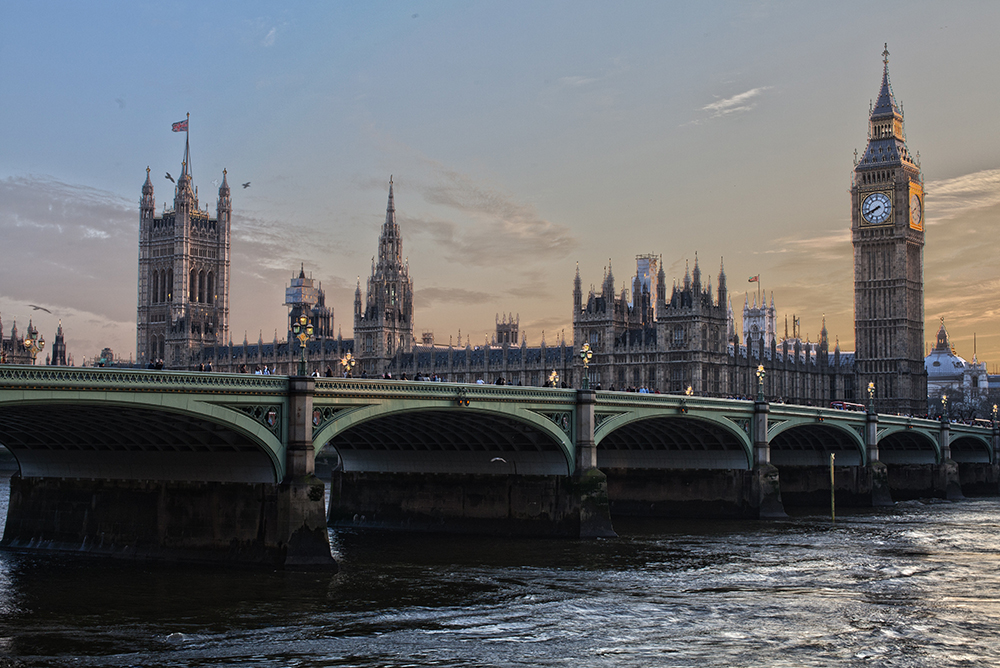“There’s nothing like seeing men rushing into the Chamber in hazmat suits to ensure that we are as brief as we can possibly be.” The unscheduled arrival of a team of cleaners lent an air of urgency to the third reading of the Pension Schemes Bill in the House of Commons in November. And it seems that a sense of urgency about climate change is driving a trend for large investors to divest themselves of “grubby” brands, with pension funds taking the lead.
Ethical funds have long been part of the investment landscape, allowing people to invest in line with their values. So, for example, if you don’t like the thought of your pension being connected to arms sales, you can choose a fund that excludes them. But so-called ESG (environmental, social and governance) funds have traditionally been thought of as just one option out of many. It is also a longstanding debate among fund managers whether ESG funds offer the best value – if you make decisions based on non-financial factors, can you expect to get the best possible performance out of your fund?
The shift towards green investment
What’s changing now is that some of the big players in the investment world are taking their own strong position on ESG standards, especially when it comes to climate change. Legal and General has pledged to decarbonise the assets on its balance sheet to align with the Paris Agreement pathway of 1.5C, and promised to “use our influence as a large investor to promote the transition to a low carbon economy”. More recently, Scottish Widows has announced that it will divest over £440m from companies which are too reliant on the dirtiest kinds of fossil fuel extraction.
For the investment companies, this isn’t just about acknowledging the responsibility to do their bit in the global fight against climate change. It’s a hard-headed business decision. The head of pension investments at Scottish Widows explained: “Our exclusions focus on companies we believe pose the most severe investment risk due to the nature of their business.” As public opinion continues to turn against the biggest greenhouse gas emitters, these companies are likely to see a tumble in their share price as customers and investors turn away.
It’s not yet clear whether the pandemic has helped or slowed the move towards greener investment. Recent research from Octopus Group found that global investors divested on average 4.5% of their portfolios from fossil fuels in 2020, compared to 5.7% in 2019. Octopus Group predicts that the level of divestment over the next five and ten years will not rise to the levels previously predicted by investors. On the other hand, the turbulent conditions of 2020 saw greener funds do better than others. Research from Fidelity International on the first nine months of last year found that companies at the top of the ethical scale consistently outperformed those with weaker ESG credentials.
Compliance drivers
The regulatory landscape is another factor likely to limit the performance of companies with poor ethical standards. The Scottish Widows head of pension investments told the press: “The growth of these ‘at risk’ companies is likely to be severely limited by future regulations.” The Pension Schemes Bill, now well on its way to getting Royal Assent, amends the Pensions Act 1995 to include a new section on climate change. This gives the government powers to require pension scheme trustees and managers to ensure that the scheme has “effective governance with respect to the effects of climate change”. They may have to evaluate the exposure of the scheme to climate-related risks, and determine how the scheme’s assets contribute to climate change.
Trustees and fund managers may also have to adopt certain assumptions about climate change in their decision-making, such as accepting the need to achieve the Paris Agreement goal. Environmental charity Client Earth has described the Bill as a “climate game-changer”.
Not all big investors are yet fully on board with the spirit of the change. BlackRock, the world’s biggest asset manager, made headlines last year with a pledge to divest from coal, but last week it hit the headlines again with the news that it still has $85bn of assets invested in coal. The pledge has been described as “greenwashing” and BlackRock as a “climate pariah”. The public focus on real climate action, backed up by the forthcoming regulatory requirement to scrutinise funds from the perspective of climate change, is putting increasing pressure on companies to follow through on their green pledges.

